Uchiba Nelson is an activist and a fervent supporter of the Ambazonia course for Independence.
By Uchiba Nelson
In our liberation movement, many have wondered why highly educated figures—such as Dr. Epah, Dr. Simon Munzu, and Professor Carlson Anyangwe—have sometimes fallen short of the expectations placed upon them. The common assumption is that education alone equips a person with the wisdom, resilience, and foresight needed to navigate political and social challenges. Yet, history repeatedly shows that intelligence and academic achievement do not always translate into immunity from manipulation.
One recurring factor is emotional intelligence—or the lack thereof. Brilliant scholars may excel in academic or legal reasoning but still be unprepared for the psychological tactics employed in the political arena. In colonial and post-colonial contexts, particularly under La République du Cameroun, manipulation has been elevated to an art form. The French-influenced political system is built on a culture of control, where those perceived as threats are gradually undermined, often without a single act of physical violence.
The case of Maurice Kamto offers a striking example. Despite his stature as a learned professor and accomplished legal mind, he was reportedly sidelined in the 2025 presidential race through a mix of strategic deception, subtle alliances, and quiet political isolation. This was not a failure of intellect—it was the result of a long-honed machinery of psychological and structural manipulation.
The truth is that no one is entirely immune. Whether a farmer from Matomb or a professor from an international university, all can fall victim to charm, deceit, and disinformation. Those who have spent their careers in academic environments are often unfamiliar with the ruthless, unstructured nature of political sabotage. In our struggle, this has sometimes left even the most accomplished figures vulnerable to being outplayed or sidelined.
Money, influence, and narrative control are the tools of such manipulation. Lies are spread strategically, often through networks of enablers—those who repeat, amplify, or legitimise falsehoods to serve the agenda of their patrons. In both La République and Ambazonia, smear campaigns, secret meetings, and tightly controlled messaging have been used to discredit perceived opponents.
In Ambazonia, this manifests as coordinated attempts to weaken or divide leadership. Figures such as Paul Nillong, Chris Anu, and others have been accused by some of acting in ways that align with external interests, knowingly or unknowingly. Whether in Cameroon’s national politics or within our own liberation movement, the pattern is familiar: the questioning of authority is reframed as betrayal, dissenters are isolated, and reputations are systematically eroded.
The damage to our movement is not just personal—it is strategic. When respected intellectuals become entangled in these dynamics, the result is confusion, division, and the weakening of our collective resolve. If we fail to recognise and address the methods of manipulation at play, even the most capable among us can be neutralised.
Education remains a powerful tool in the struggle for freedom, but it must be paired with an understanding of political psychology, emotional resilience, and vigilance against manipulative tactics. Only then can our brightest minds contribute their full potential without being undermined by forces that seek to control, divide, and ultimately derail our cause.
Uchiba Nelson













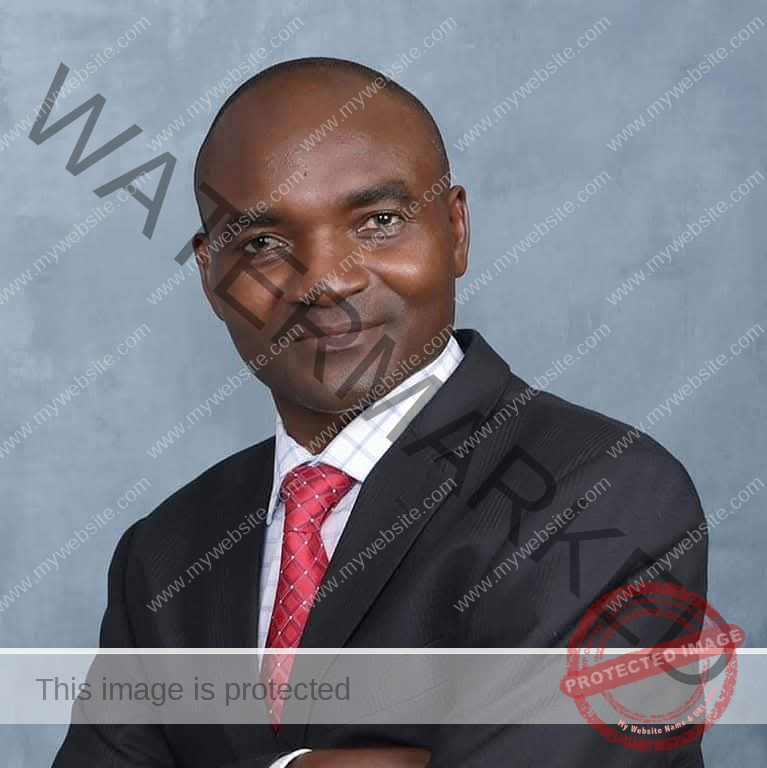
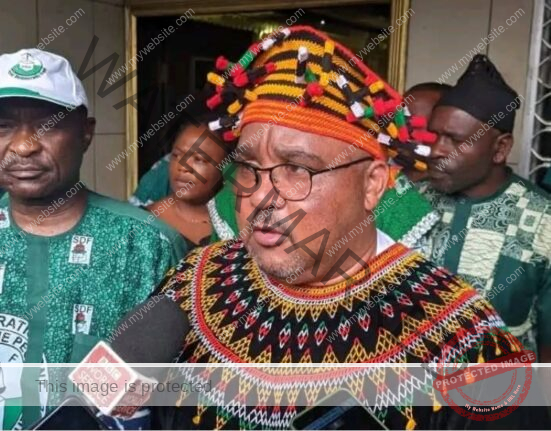
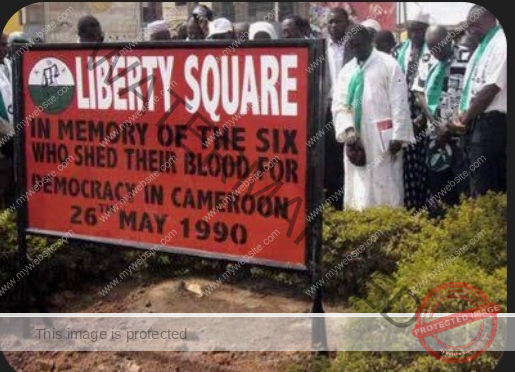
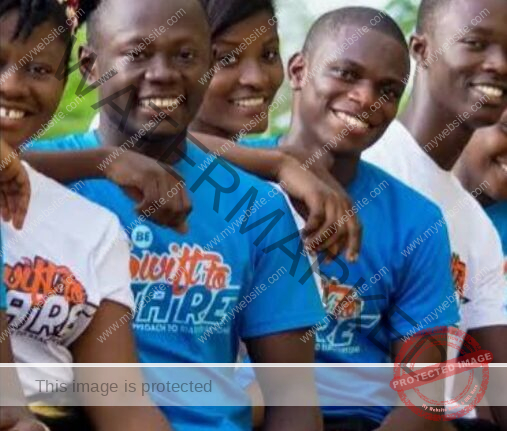

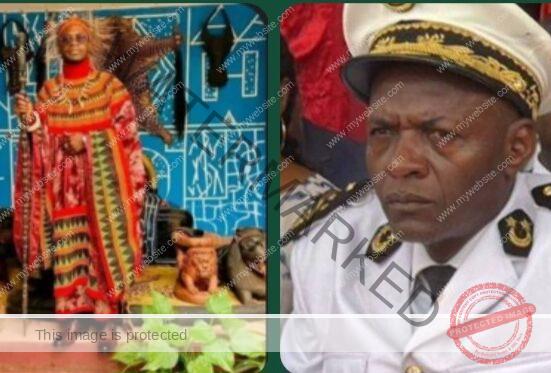
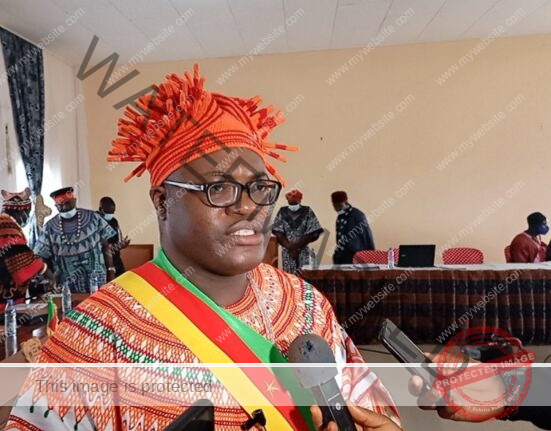

Leave feedback about this